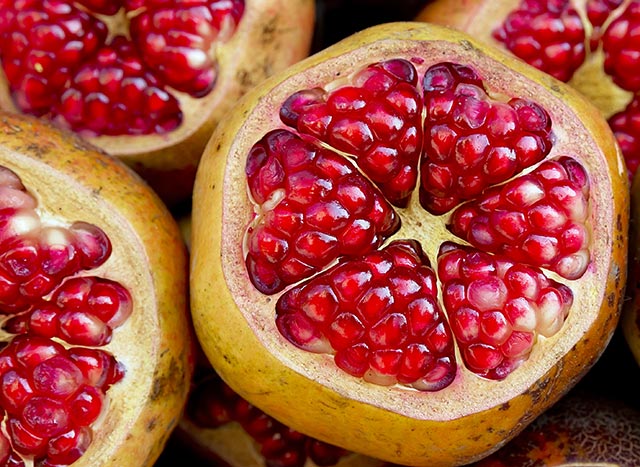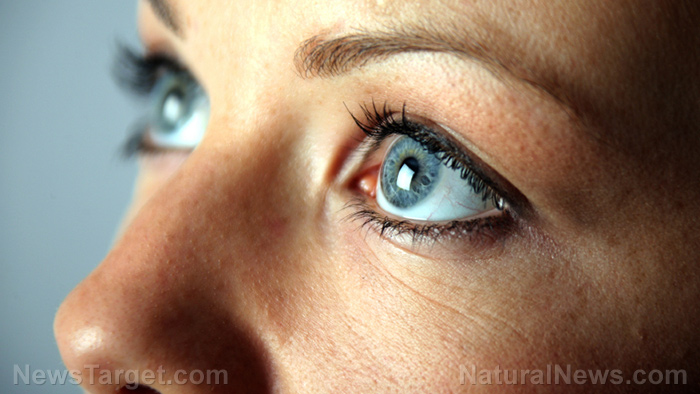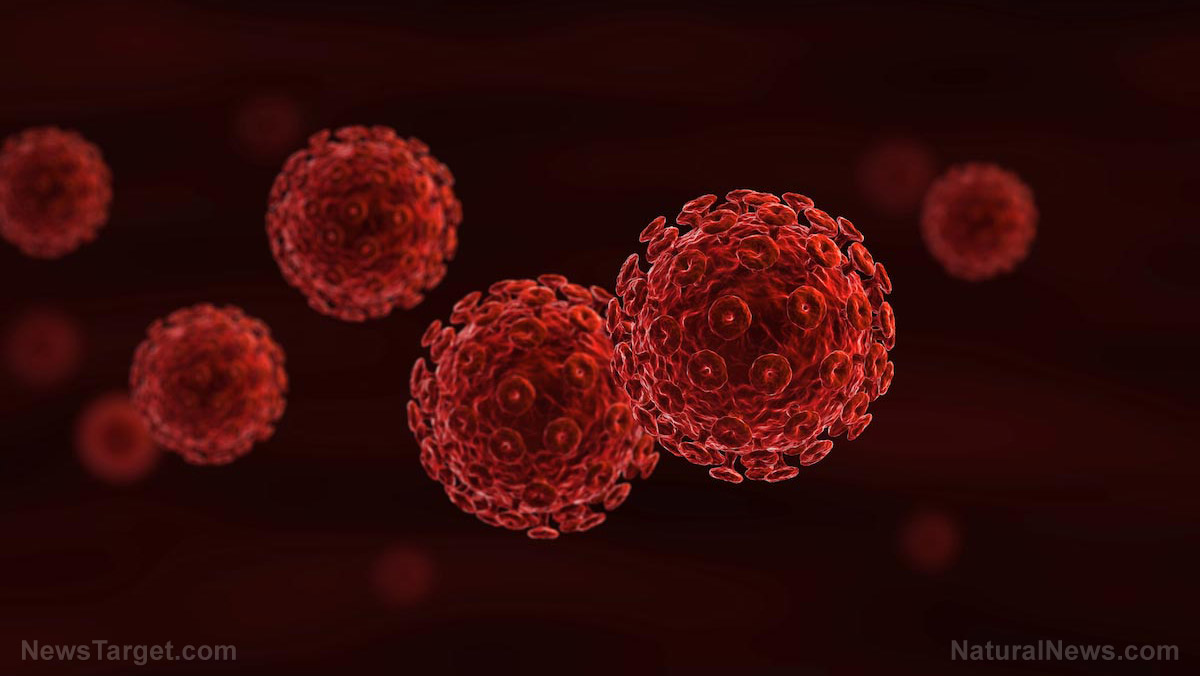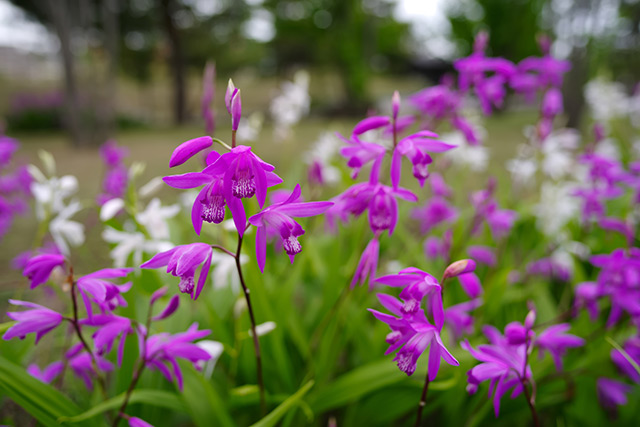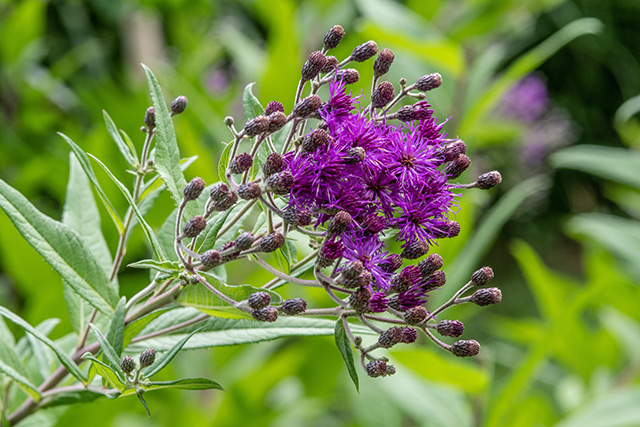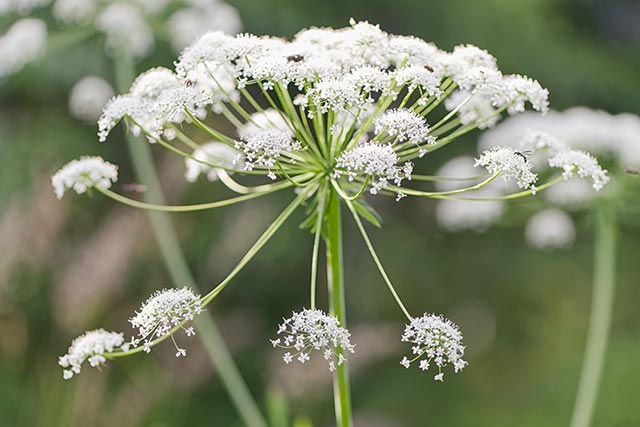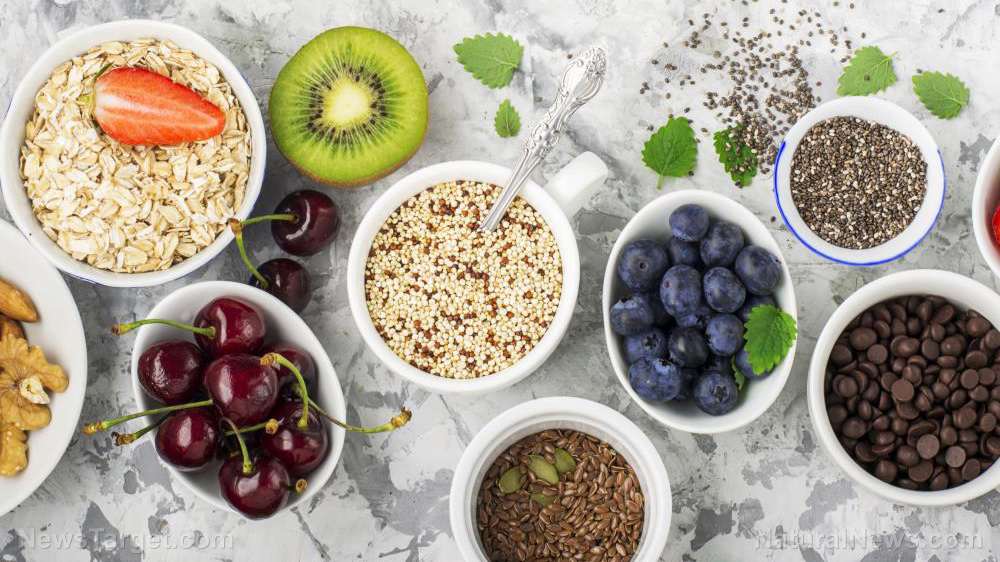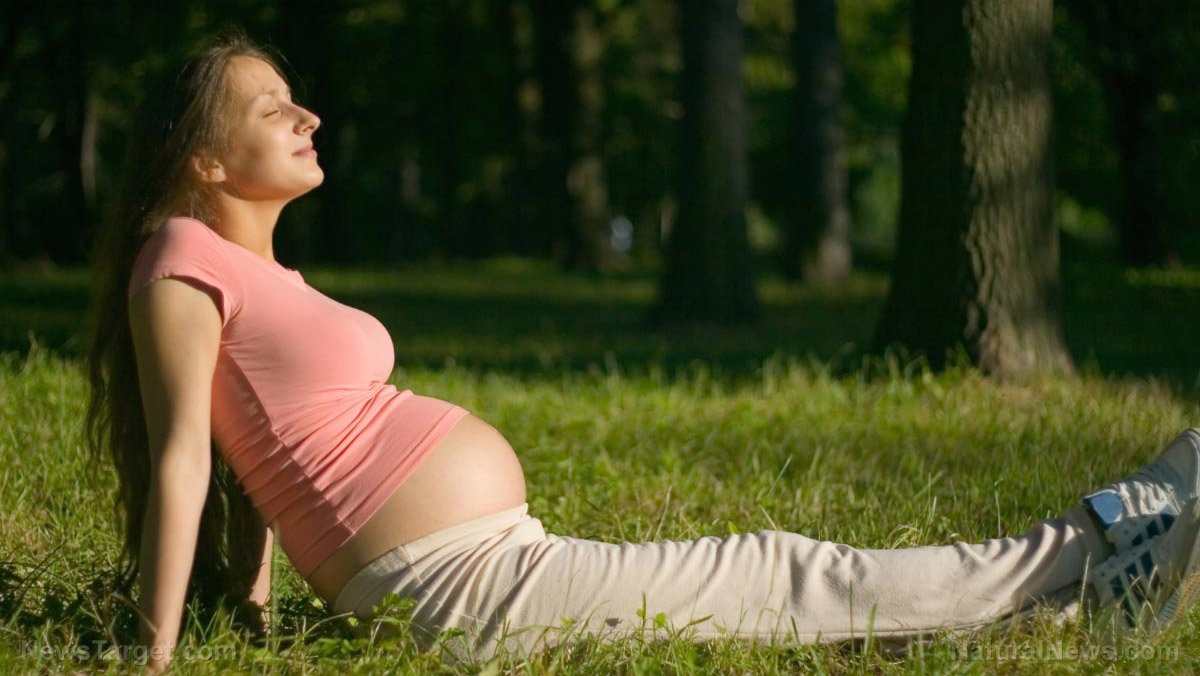Sleepless nights? Researchers find that acupressure can help
01/27/2019 / By Michelle Simmons

People who suffer from insomnia can improve their condition without using harmful drugs.
Researchers from Hong Kong suggest acupressure. In their study, published in the Journal of Sleep Research, they assessed the short?term effects of self?administered acupressure for alleviating insomnia. For the randomized controlled trial, they recruited 31 people who were suffering from insomnia. The participants received two lessons on either self-administered acupressure or sleep hygiene education and practiced it every day for four weeks. After that, the researchers measured the effects of the interventions on insomnia.
The results showed that participants in the self-administered acupressure group had a substantially lower Insomnia Severity Index (ISI) score compared to those in the sleep hygiene education group. In addition, participants in the self-administered acupressure group continued to practice acupressure even after completing the lessons.
Based on these findings, the researchers concluded that self?administered acupressure taught in a short training course may be used as a low?cost alternative treatment for insomnia.
What is acupressure?
Acupressure is a form of massage that involves placing pressure on specific points on the body to release qi, known as the life energy. It is similar to acupuncture, but instead of needles, fingers are used to work on acupoints. The goal of acupressure is to encourage the flow of qi through the 14 channels inside the body. The constant flow of qi is important for staying healthy. If this energy flow is blocked, an imbalance in the body occurs as the body would not be able to maintain high energy, which can then result in health problems.
Acupressure has been used for thousands of years in Chinese medicine to treat common diseases and maintain health. Some conditions treated with acupressure include anxiety, back pain, fatigue, feelings of melancholy, headache, immune system deficiencies, joint problems, sore muscles, stress, and tension. There are also claims that this traditional therapy can treat arthritis and obesity, improve blood flow, and help prevent the development of diseases. (Related: Acupressure therapy can be used to restore hormonal balance; here are some acupressure points to try.)
Acupressure treatments are generally safe and not age-restrictive, however, it may be unsafe for people with high blood pressure. Pregnant women are also discouraged to undergo acupressure therapy as there are certain acupressure points that can cause miscarriage.
More ways to deal with insomnia
You may also try the following natural insomnia remedies:
- Be physically active.
- Get enough sunlight exposure during the day to promote healthy melatonin production and better sleep at night.
- Manage stress through yoga, guided imagery, and more.
- Eat foods that induce sleep, such as almonds, salmon, whole grains, cherries, and bananas.
- Avoid foods that keep you awake at night, including caffeinated drinks, alcohol, spicy foods, and fatty foods.
- Avoid using your gadgets at least an hour before going to bed.
- Take a warm shower at night.
- Try aromatherapy with lavender, spikenard, vetiver, frankincense, myrrh, or clary sage essential oils.
- Try taking sleep-promoting herbs like chamomile, St. John’s wort, valerian, kava, passion flower, and California poppy.
Read more news stories and studies on natural treatments for insomnia by going to NaturalMedicine.news.
Sources include:
Tagged Under: acupressure, alternative medicine, healing, insomnia, natural healing, natural medicine, natural remedies, sleep, sleep disorders, sleep problems, therapies, traditional Chinese medicine


